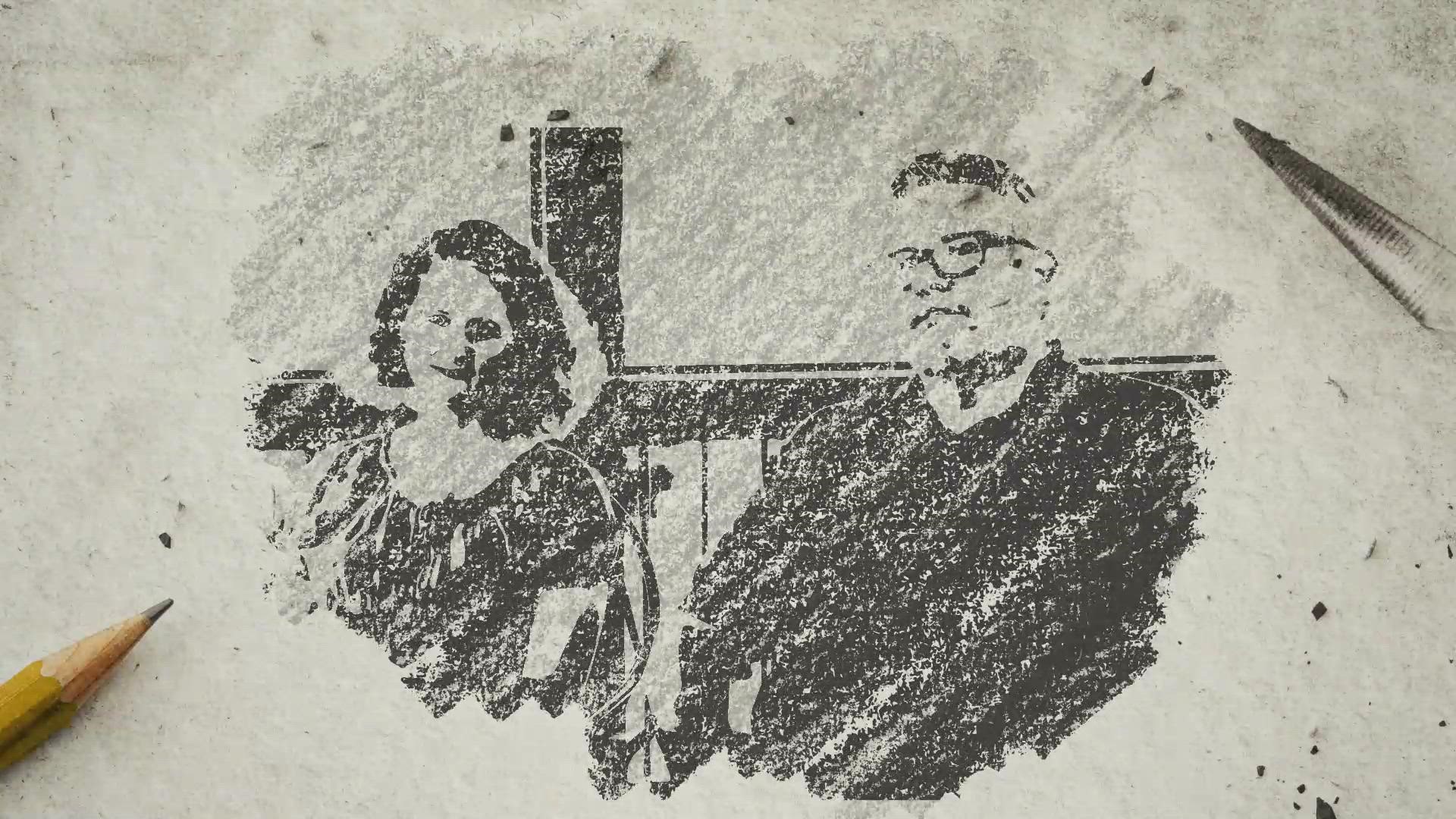ATLANTA — A bill that would force public schools to respond to challenges of materials parents consider obscene is moving closer to final passage in Georgia.
The state House voted 97-61 on Friday to pass Senate Bill 226. But because the House amended the measure, it must return to the Senate for more consideration.
Republicans said the bill is needed to give parents a clearer path toward removing offensive books and materials from schools.
House Judiciary Non-Civil Committee Chairman James Burchett, a Waycross Republican, acknowledged that under state Board of Education rules, schools are already supposed to have a process for examining complaints about obscene material. But complaining parents say that process does not require a reply, meaning districts and charter schools can just ignore them.
“If parents do not want young children reading some very degrading-type material, then this is parent engagement, a process and due process for those parents to be able to challenge these materials," Burchett said, saying local standards on obscenity might be different in Georgia's 180 school districts.
But Democrats warned the law would be used by activists seeking to impose their moral and political standards on the broader public.
“This national movement to ban books overwhelmingly targets books that are authored by people of color, or address topics that are relevant to race, gender, identity, religion or the Holocaust," said Rep. Bee Nguyen, an Atlanta Democrat running for secretary of state. “No doubt the application of this law will be arbitrary. It will create a chilling effect on our school system. And it will mobilize a base of voters who want to use this as a means to remove any book they find offensive.”
Some Georgia school districts have already announced they are removing certain books and cutting off access to certain electronic materials in the face of a nationwide push by conservatives against what they consider inappropriate material
The measure is part of a broader Republican push on school issues in Georgia and other states this year, including efforts to ban transgender girls from playing school sports and to give parents the right to examine instructional materials. Republicans also seek to ban critical race theory, a term stretched from its original meaning as an examination of how societal structures perpetuate white dominance to a broader indictment of diversity initiatives and teaching about race.
A second bill under consideration in the Senate, House Bill 1217, would require districts to update their internet filtering standards.
The anti-obscenity measure would let parents file objections to material with a school’s principal or designee, who would have 10 business days to decide whether to remove or restrict access. Parents could appeal to their local school board.
“This bill is going to make it much harder for administrators to refuse to ban books," said Rep. David Dreyer, an Atlanta Democrat. "It’s going to be harder for them to stand up to folks that don’t have the best interest of the school or are simply scared.”
House Speaker Pro Tem Jan Jones, a Milton Republican, said those opposing the bill were opposing parents and trying to enable schools to hide from justifiable public pressure over inappropriate materials.
“How dare they have an opinion?" is how Jones characterized Democrats' stance toward parents. "How dare they be given a time frame to rely on to be heard? How dare they receive a reply when they object to materials? How dare their elected officials have to make decision on something that affects their children?”

